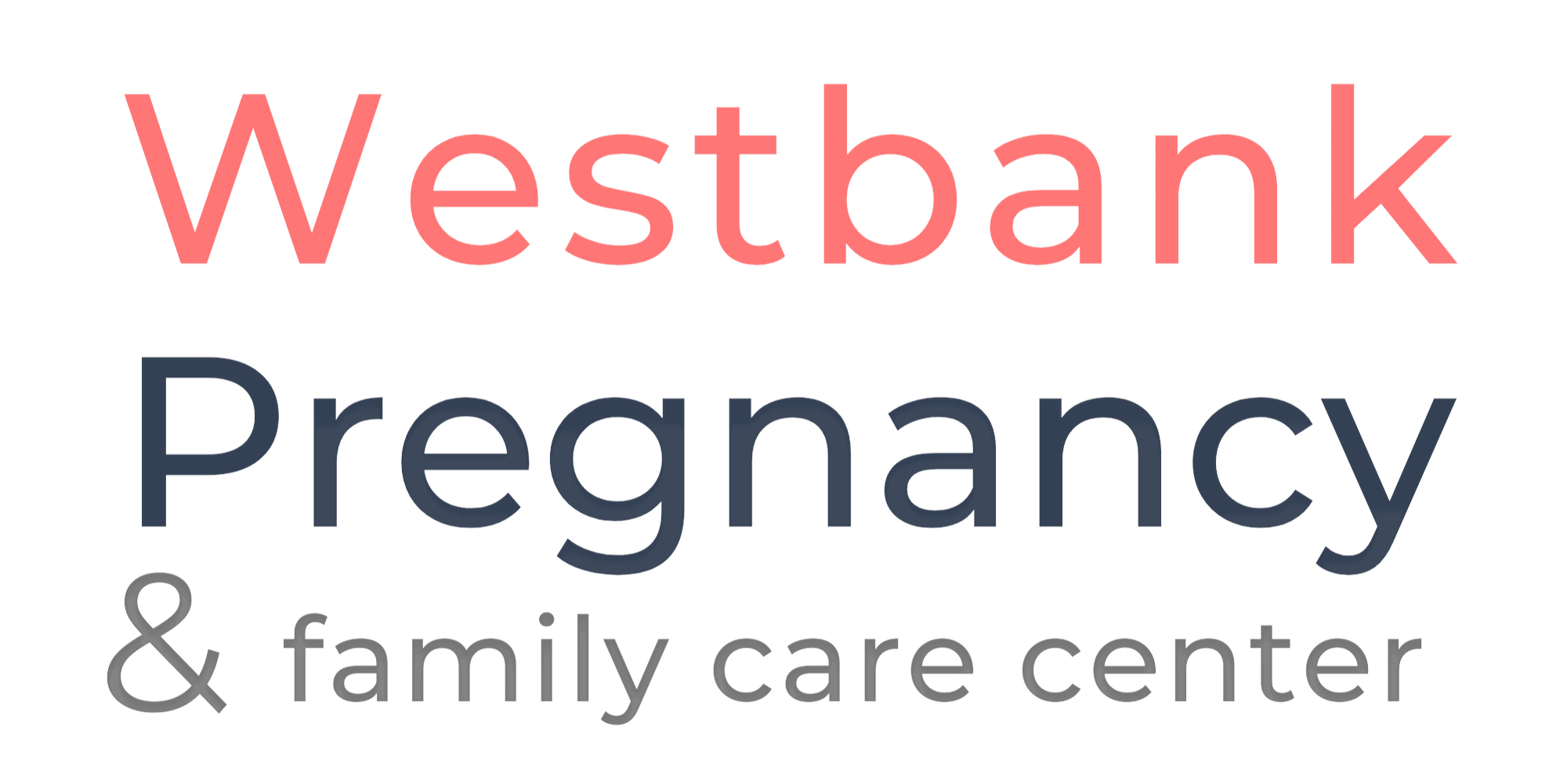If you are looking for information about Plan B, the abortion pill, abortion clinic procedures, and what your pregnancy options are right now – we can help. Start with a free onsite self-administered pregnancy test at Westbank Pregnancy & Family Care Center, and if you qualify, an ultrasound to obtain proof of pregnancy and verify how far along you are.
What is Plan B? Is the abortion pill an emergency contraceptive?
Plan B, also known as the morning-after pill, is used as an emergency contraceptive designed to prevent pregnancy after contraceptive failure or to prevent an unintended pregnancy. It is not the same as the abortion pill or a medication abortion. Plan B should not be taken if you may already be pregnant. If you are experiencing pregnancy symptoms, contact us to learn more about the confidential and cost-free pregnancy services we provide.
How does Plan B work?
Plan B morning-after pills are designed to prevent pregnancy before it occurs by delaying or inhibiting ovulation. It contains a high dose of levonorgestrel, a synthetic hormone that controls the release of an egg from the ovary or slows it long enough to prevent fertilization. If fertilization has already occurred, Plan B may prevent the fertilized egg from implanting in the uterus, ending the pregnancy post-conception.
Plan B’s ability to prevent a fertilized egg from implanting in the uterus is a topic of ongoing debate. Some medical professionals argue that this may constitute a miscarriage, while others maintain that pregnancy does not begin until implantation; therefore, Plan B is labeled a form of contraception rather than an abortion pill. It is essential to discuss any questions or concerns regarding Plan B and its mechanisms of action with your healthcare provider before taking Plan B or any emergency contraception.
Please note that while Westbank Pregnancy & Family Care Center provides information on emergency contraceptives and can answer any questions about how morning-after pills and abortion pills work, we do not provide or refer for contraceptives or abortion services. We believe that women deserve to learn about their cycle, their options, and the resources available to them without cost or pressure involved.
Is Plan B legal in every state? What else do I need to know?
Yes. There are no legal restrictions on any emergency contraceptives or morning-after pills. However, with any medication, talking to a health professional about potential risks and side effects is important. Plan B should not be taken if you have certain health conditions, have any allergies to the medications used, or are already pregnant. Certain medications can decrease the effectiveness of morning-after pills.
Women with larger bodies need to know that Plan B may be less effective as an emergency contraception. Studies suggest that Plan B may not work for women who weigh 165 pounds to 176 pounds. It’s even less effective in women who weigh over 176 pounds — especially those with a body mass index (BMI) at or above 30.
What if my period is late?
If you have a missed or late period or have already had a positive home pregnancy test, it is too late to take an emergency contraceptive such as Plan B or ella®. The next step would be to confirm if your pregnancy is viable and rule out an ectopic pregnancy or a natural miscarriage. Abortion pills do not work if the pregnancy is outside of the uterus.
Conception calculators can only estimate gestational age based on your last menstrual period. Contact us for free on-site self-administered pregnancy tests and an ultrasound to find out how far along you are and the options available to you.
Make an Appointment Today
Be empowered to make an informed choice. All pregnancy services at Westbank Pregnancy & Family Care Center are offered at no cost to you. Contact us to learn more or to make an appointment.


